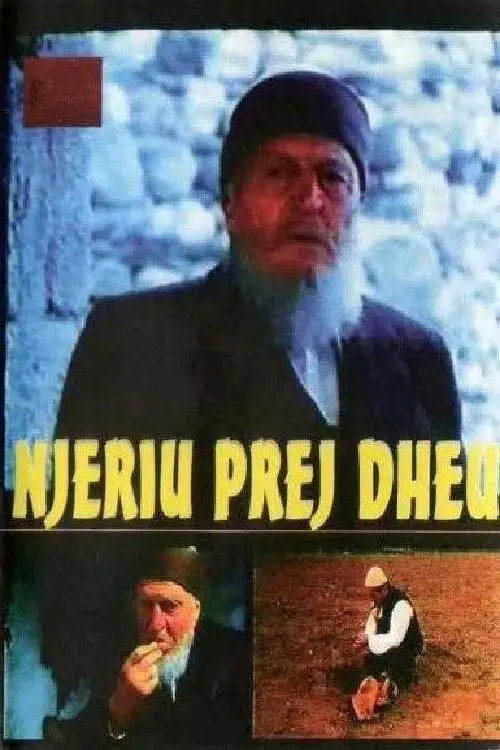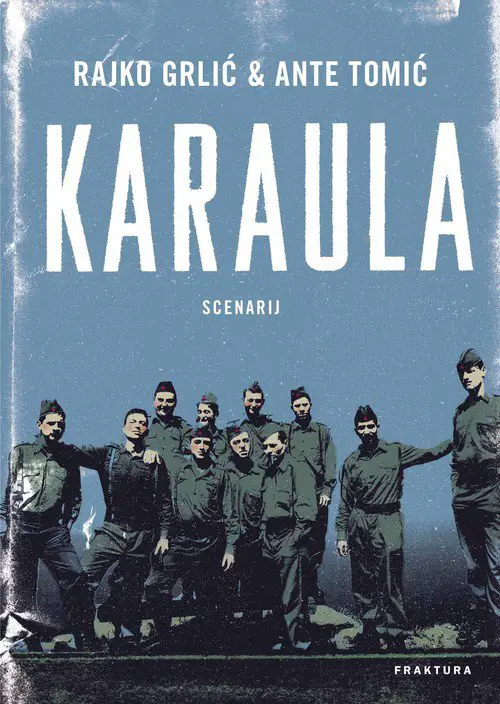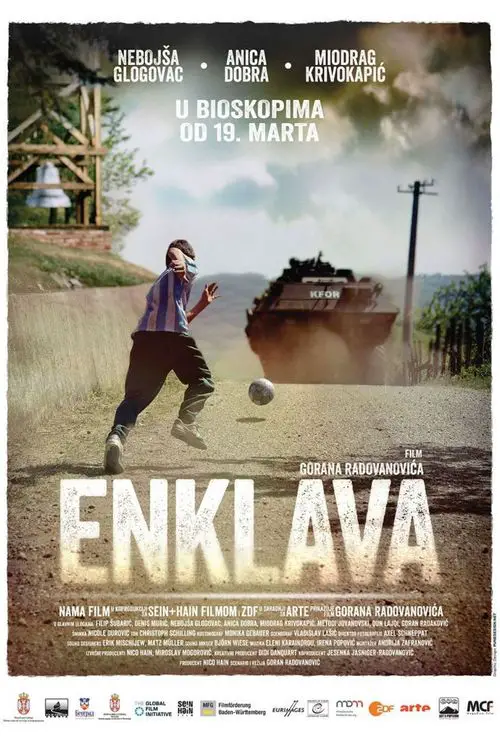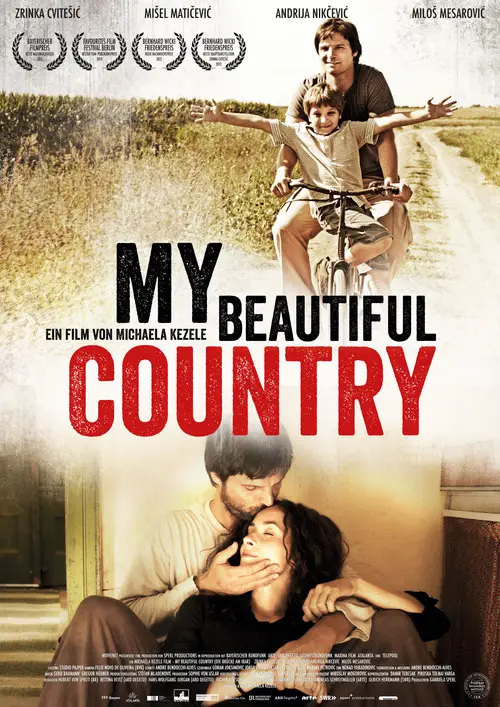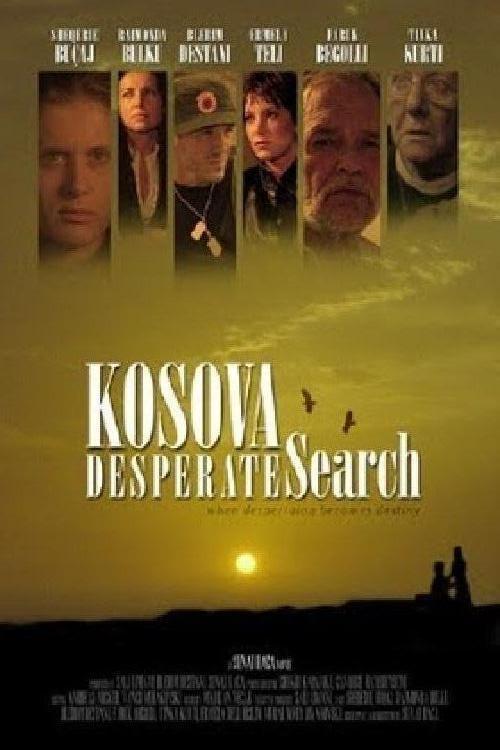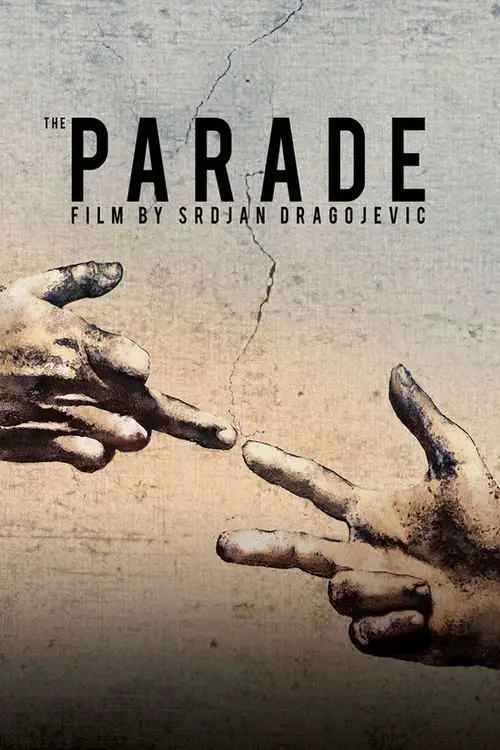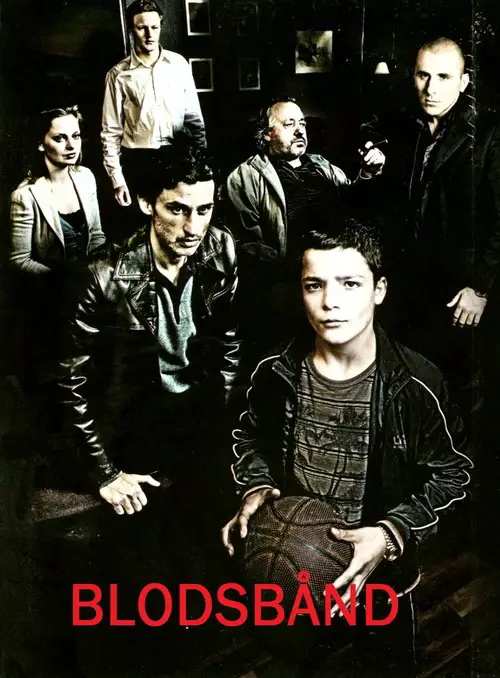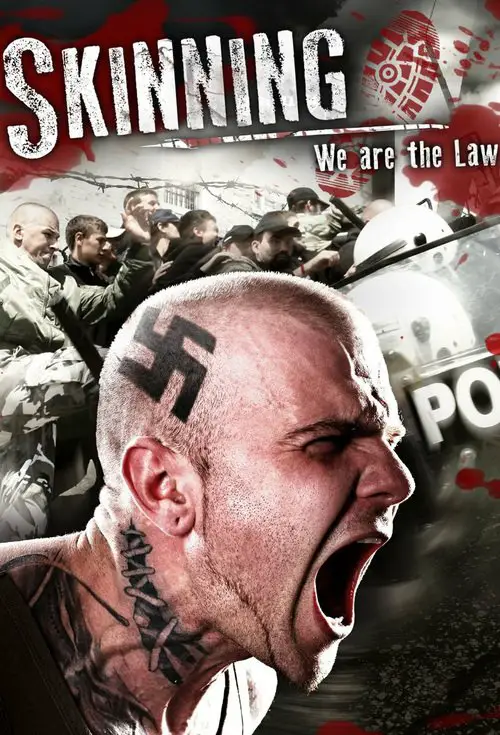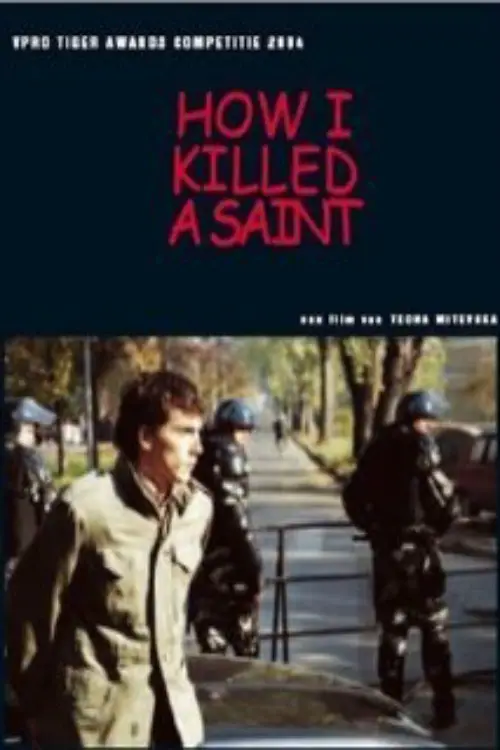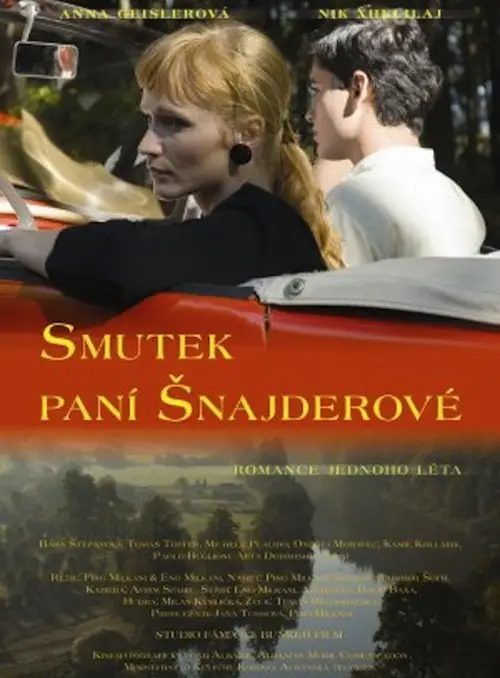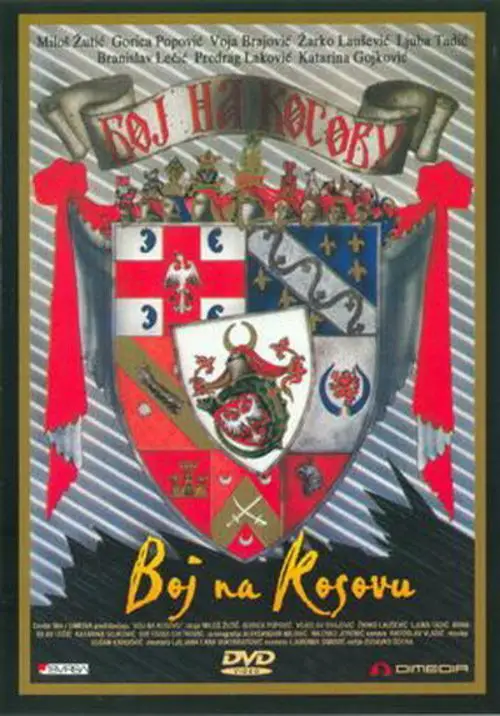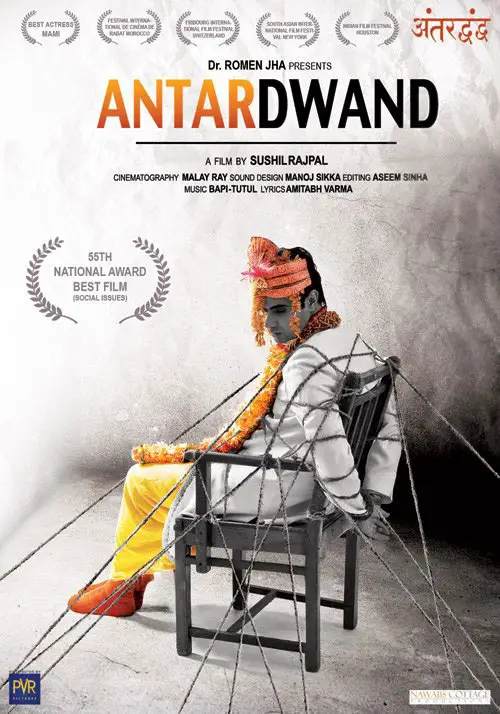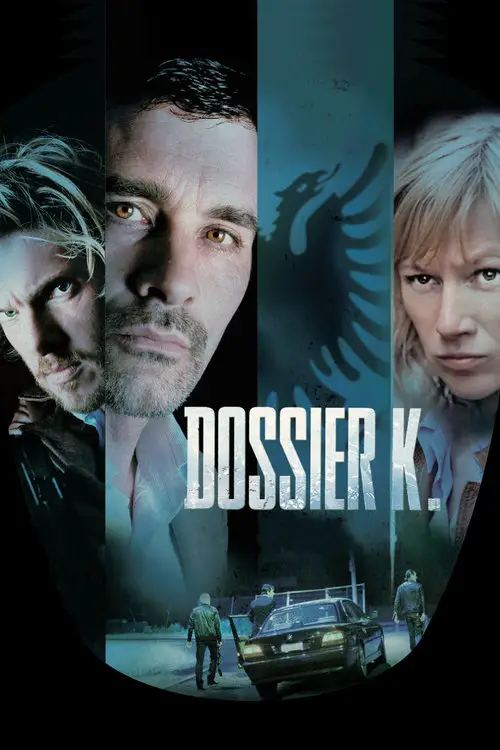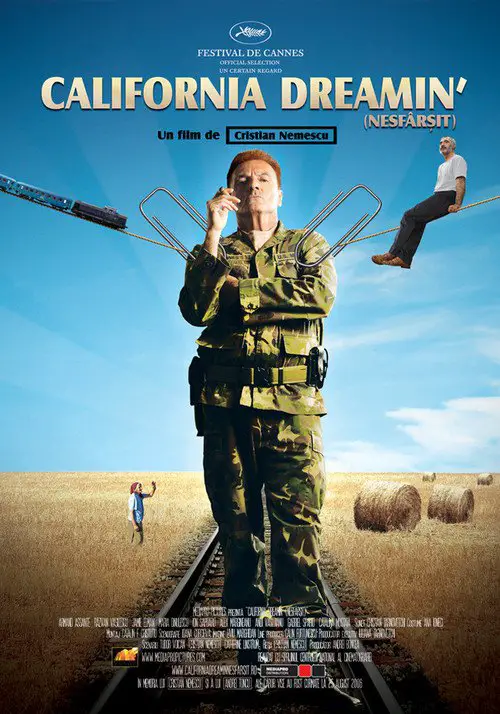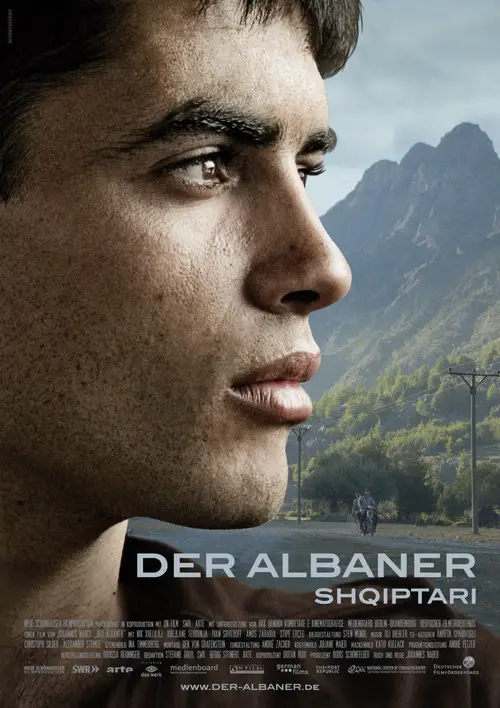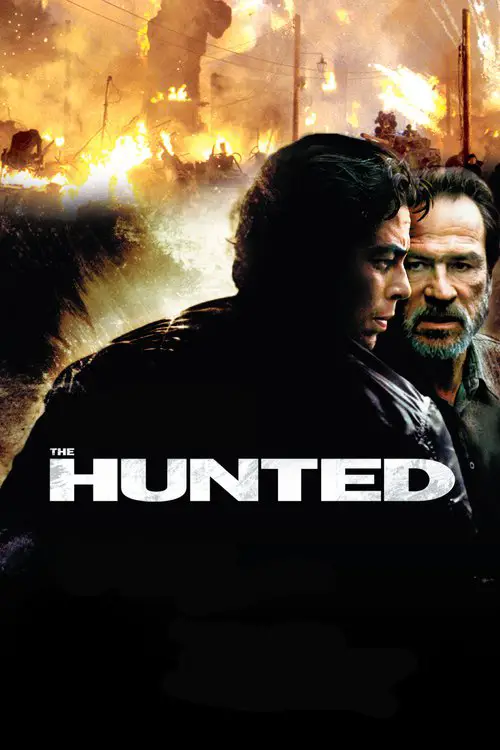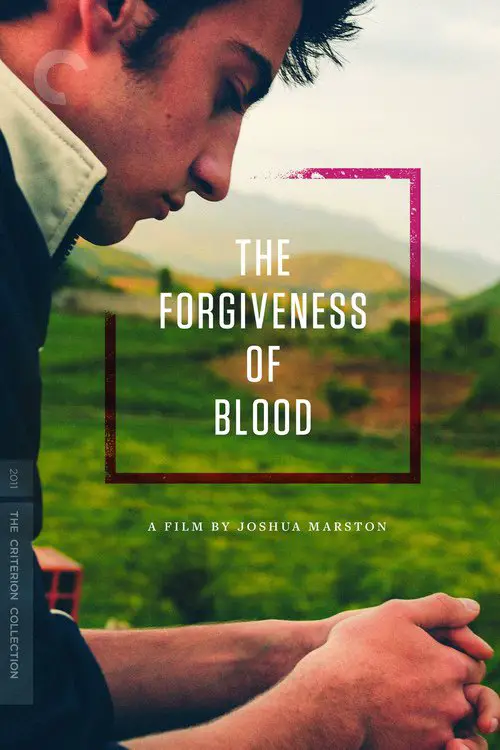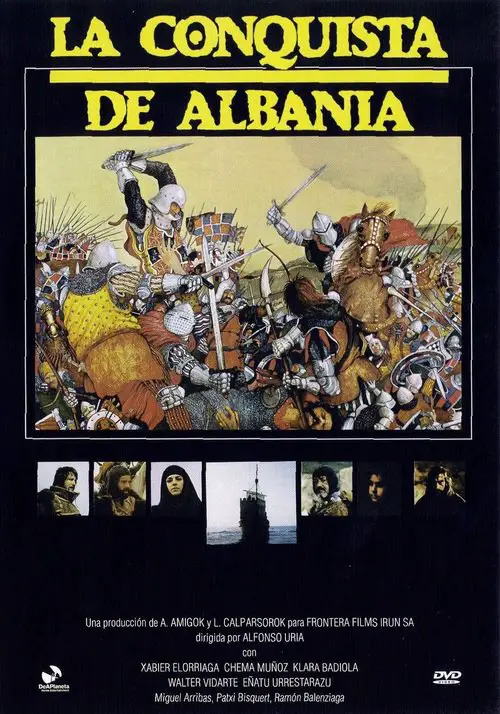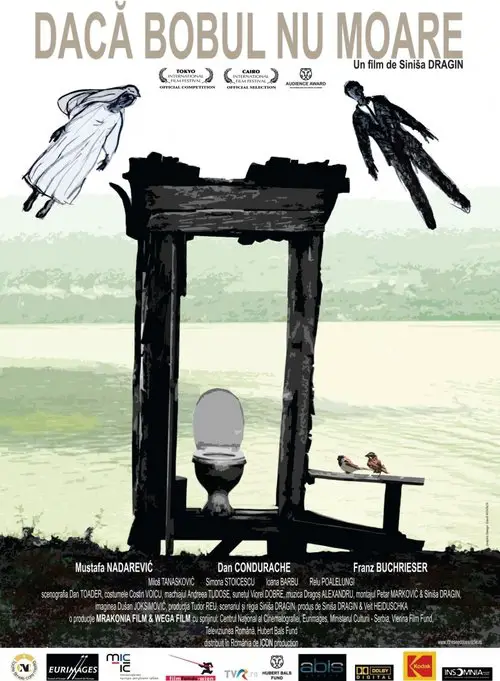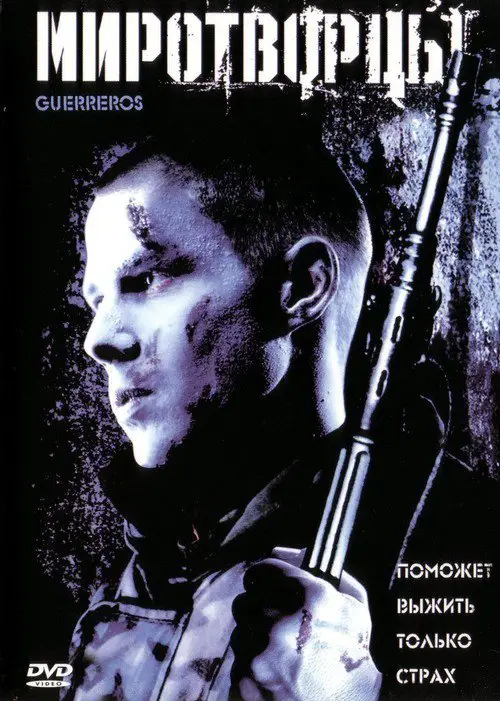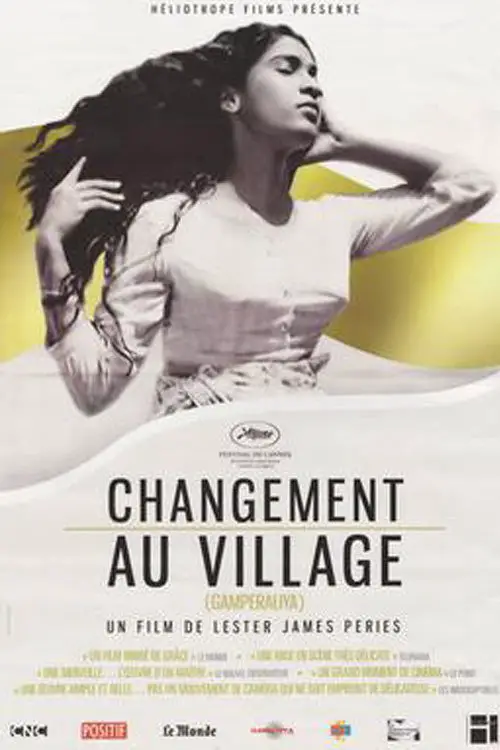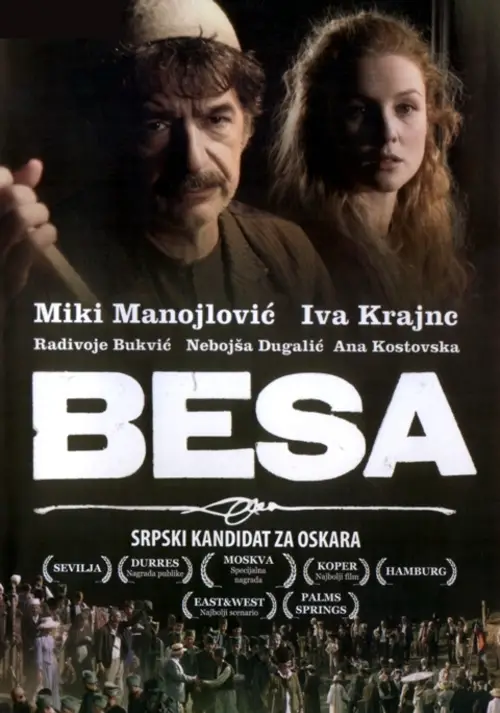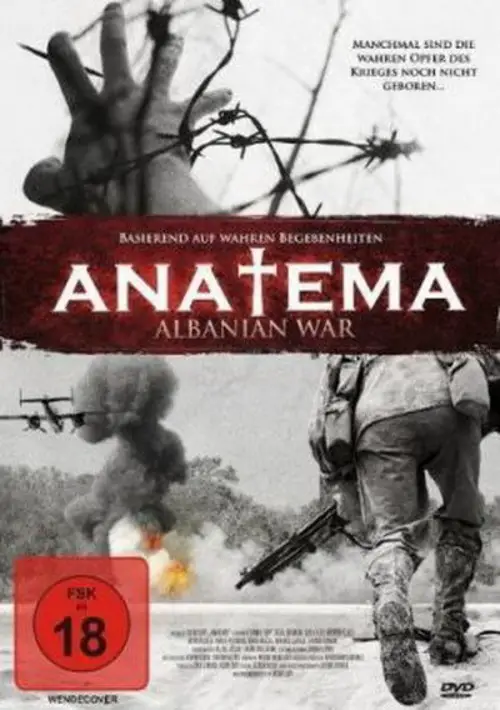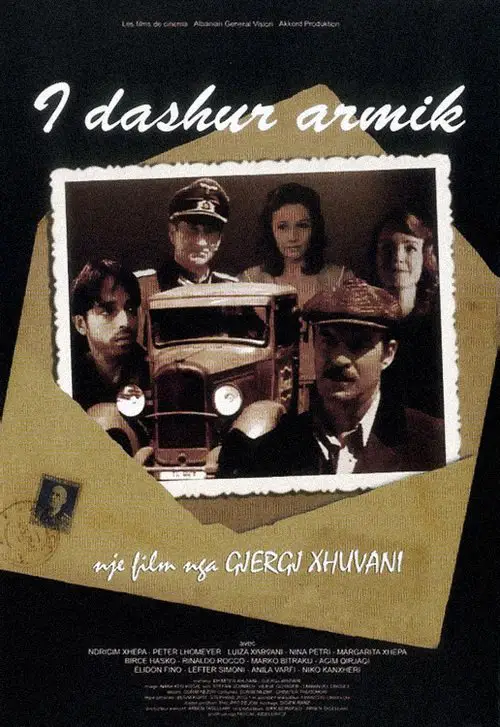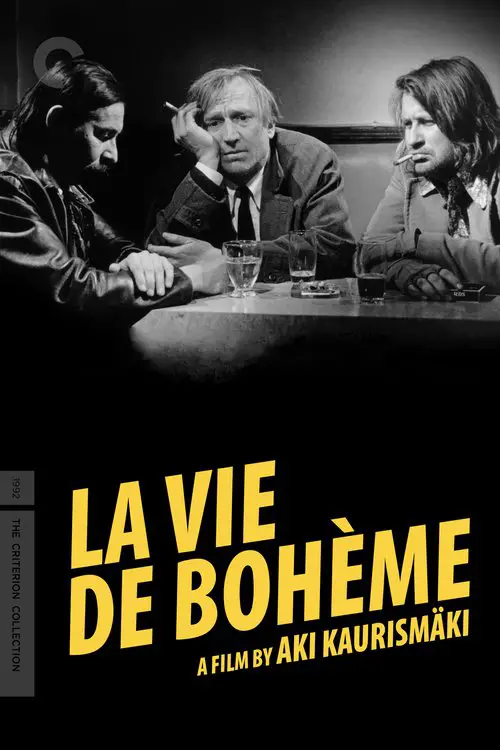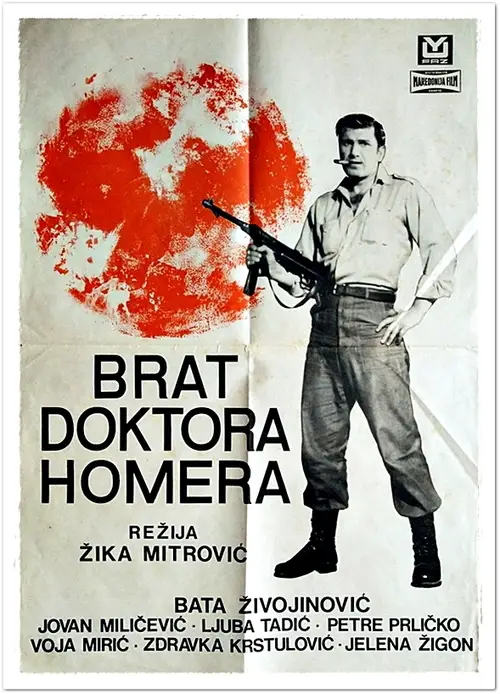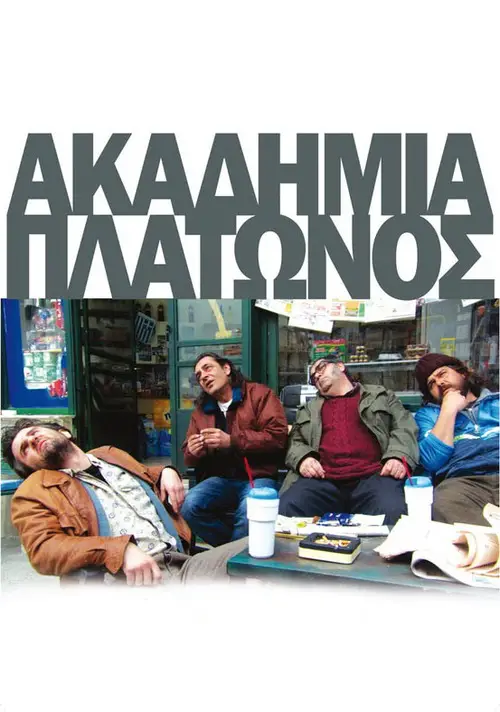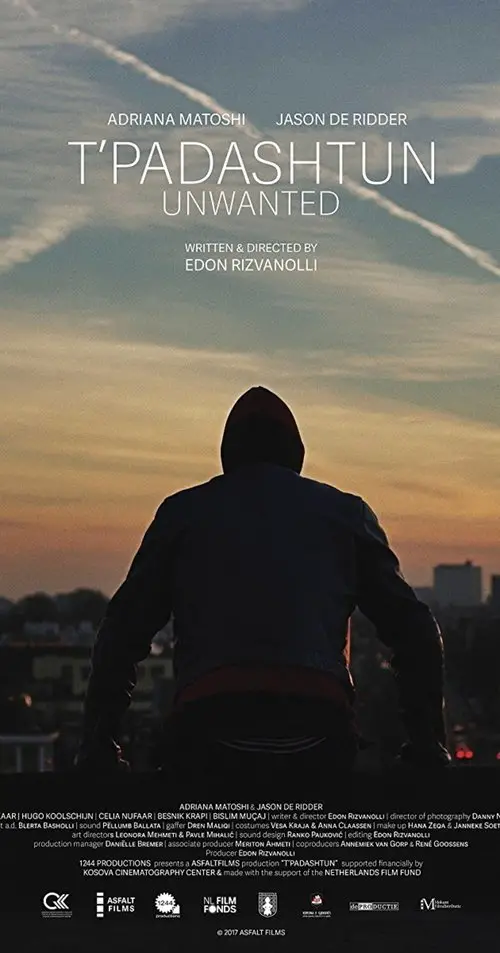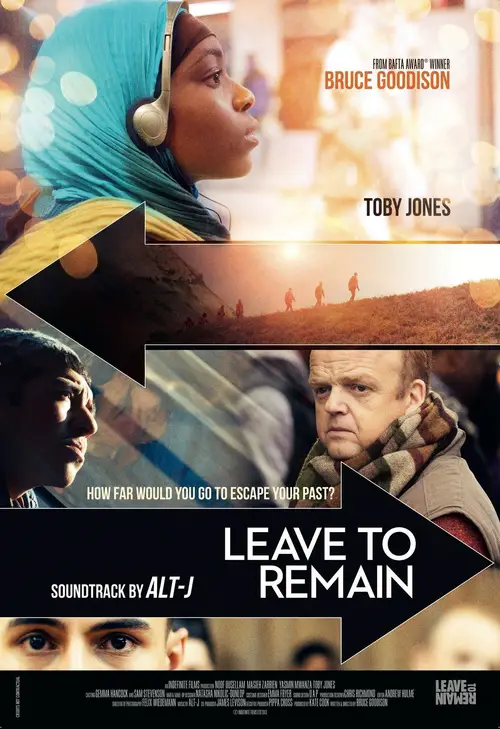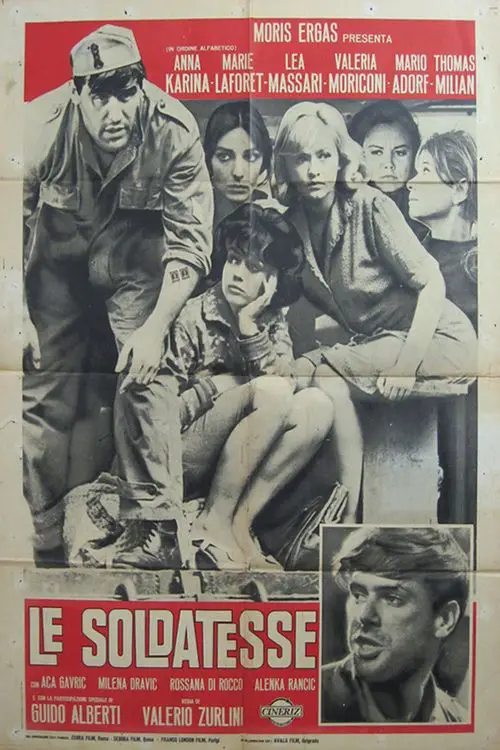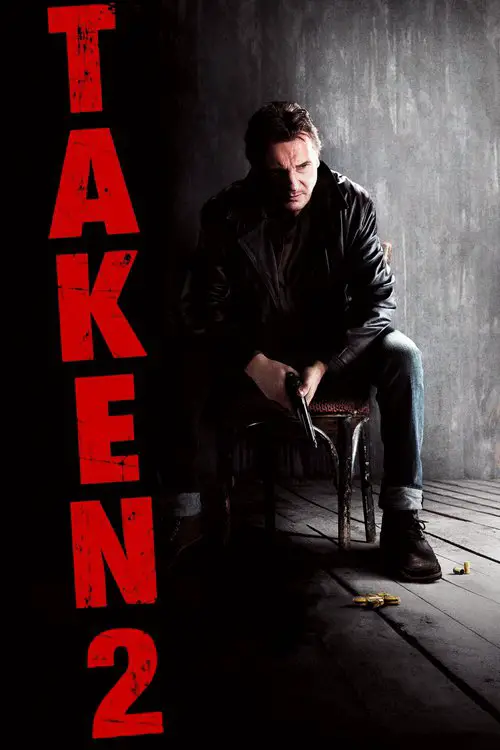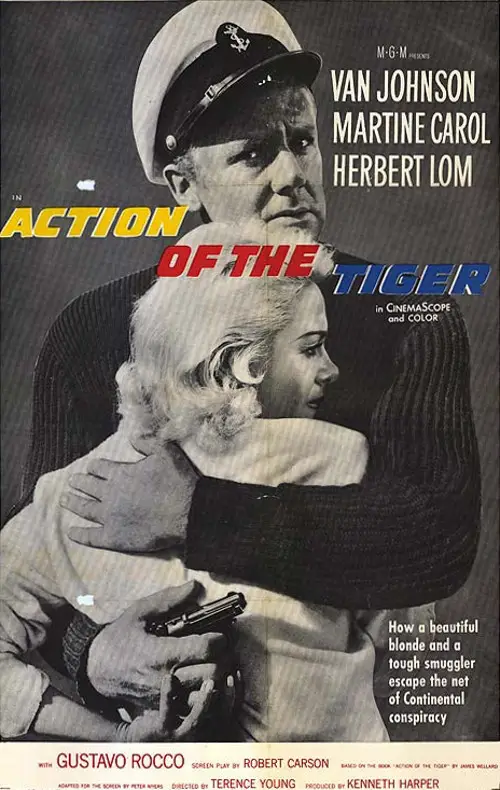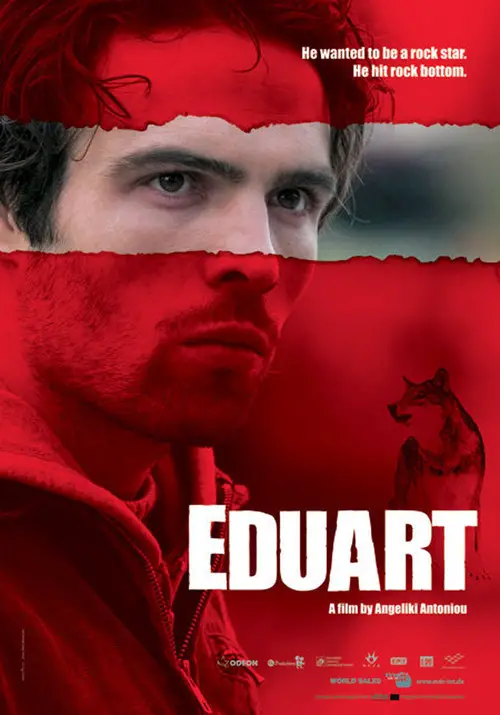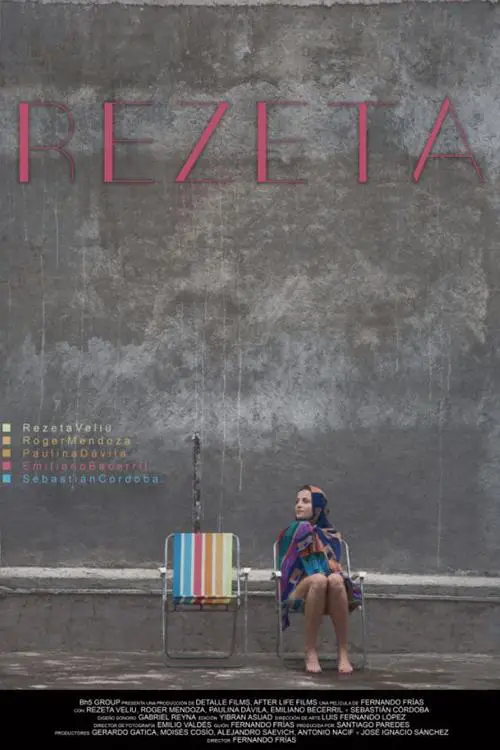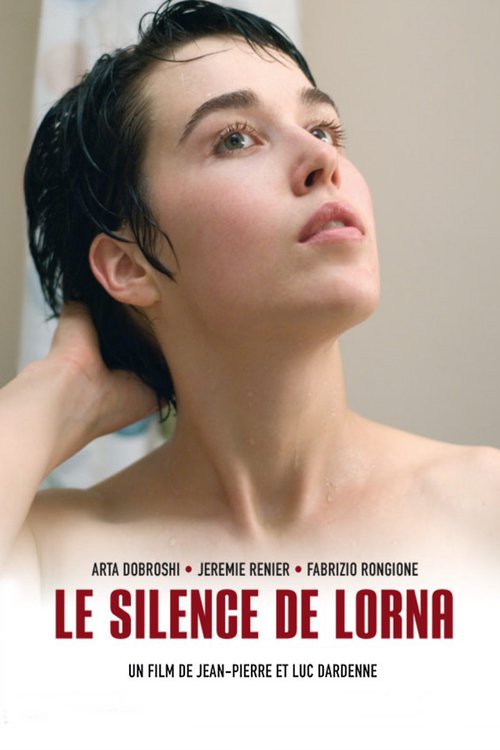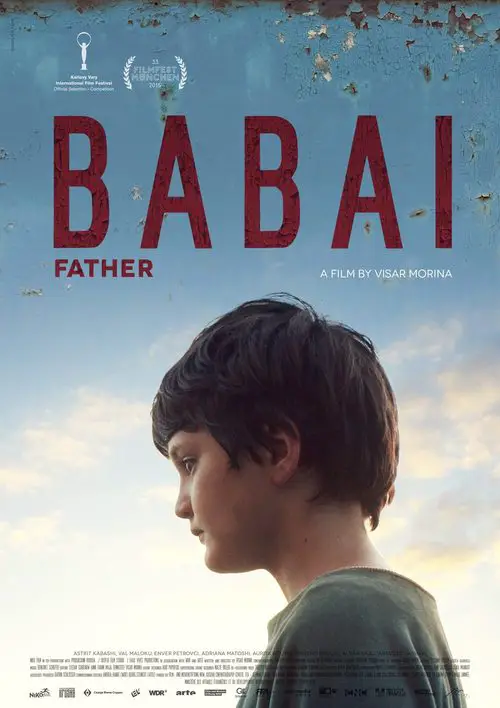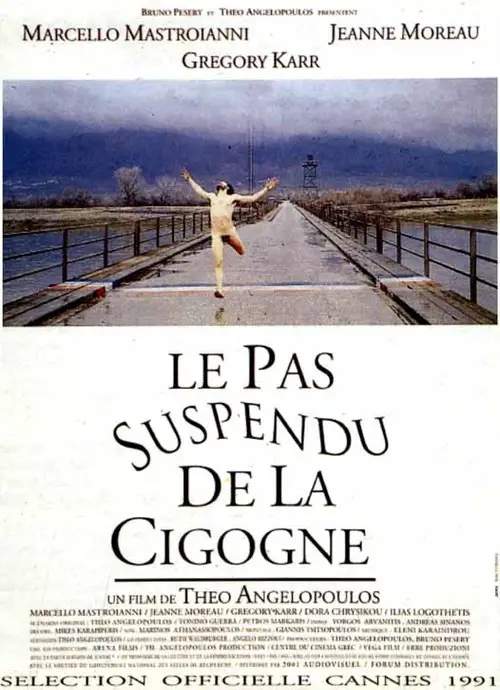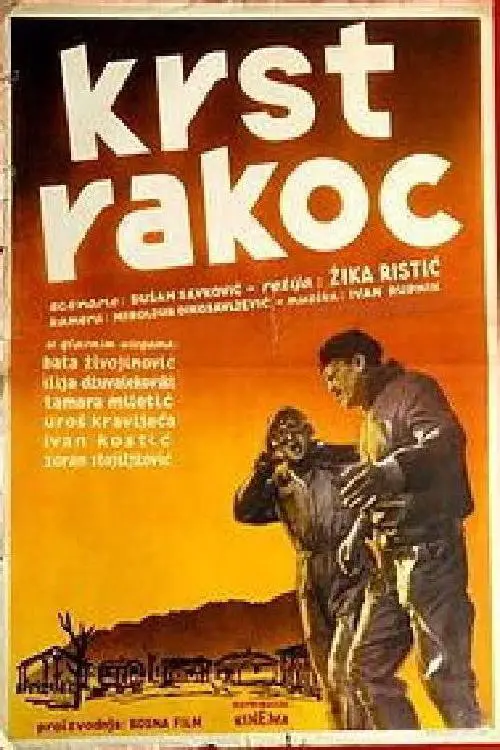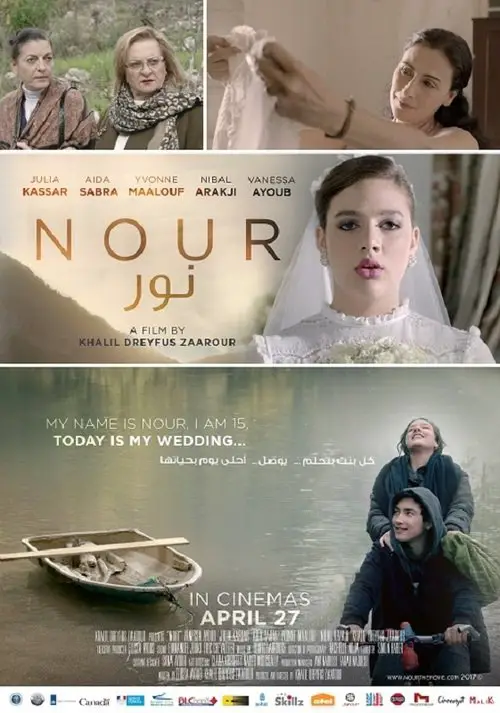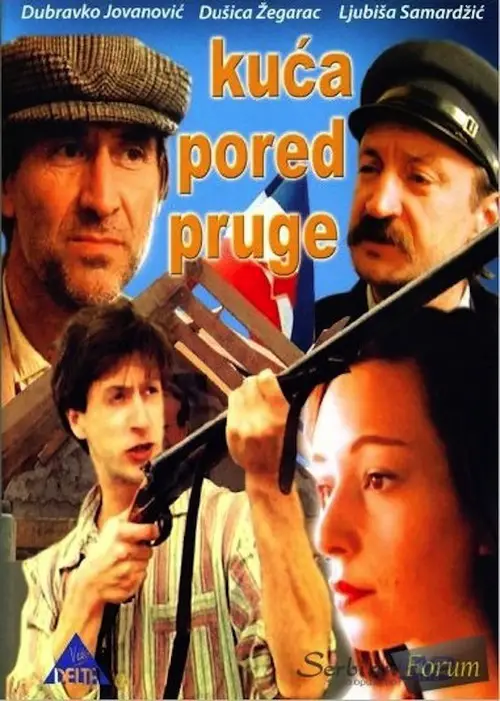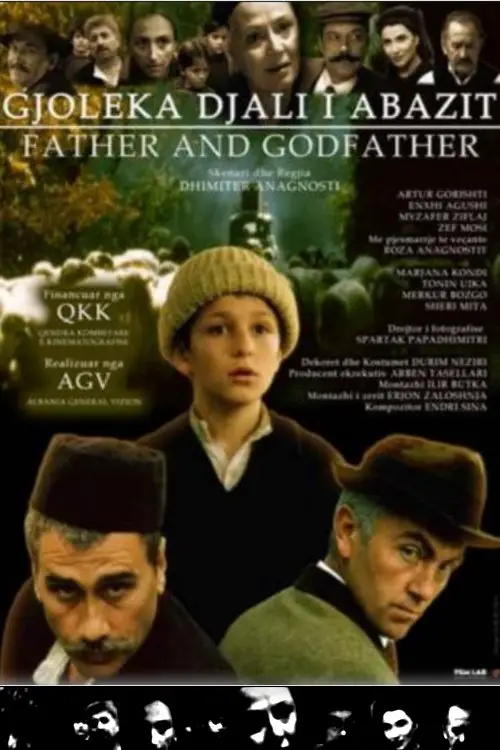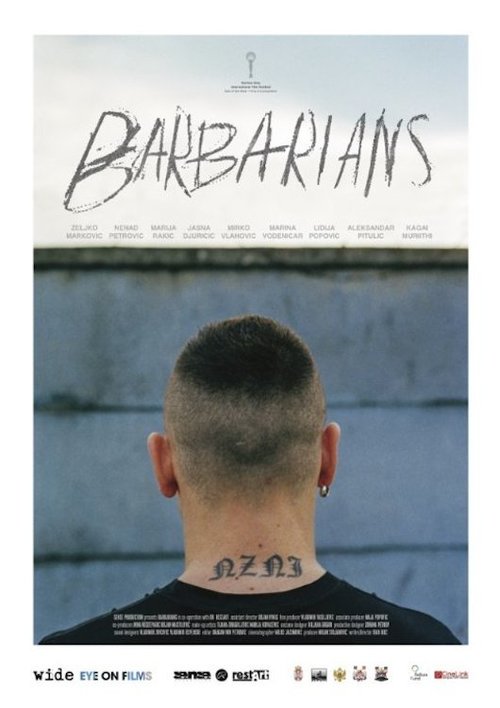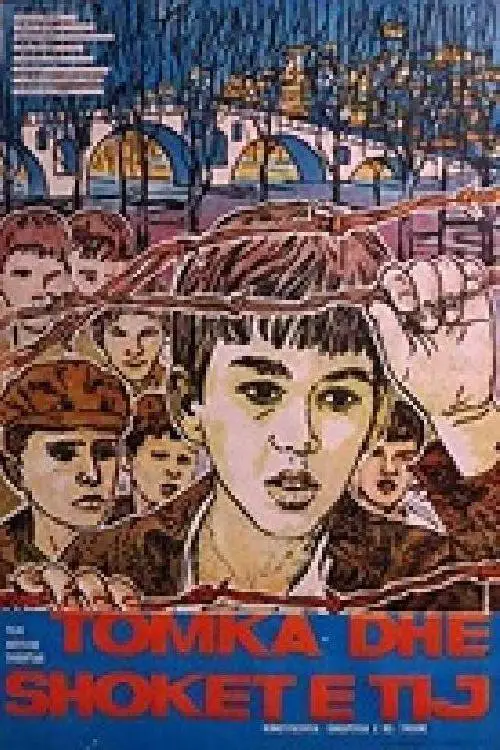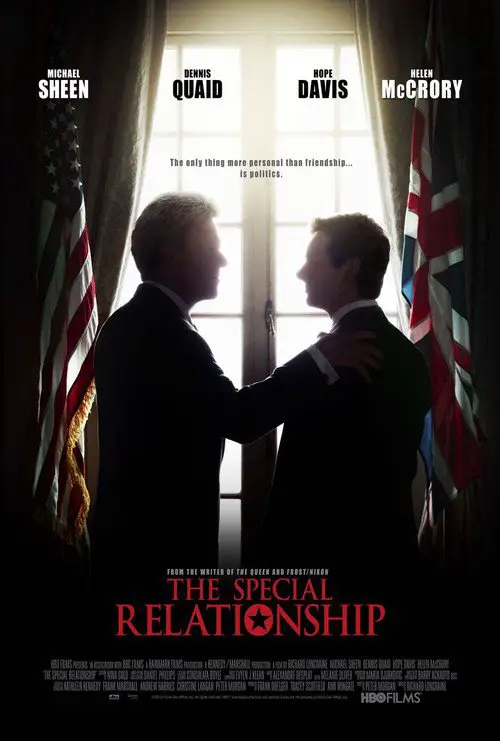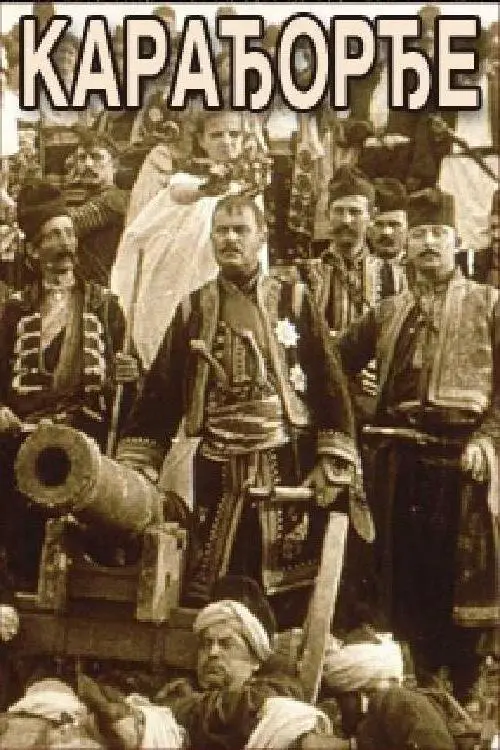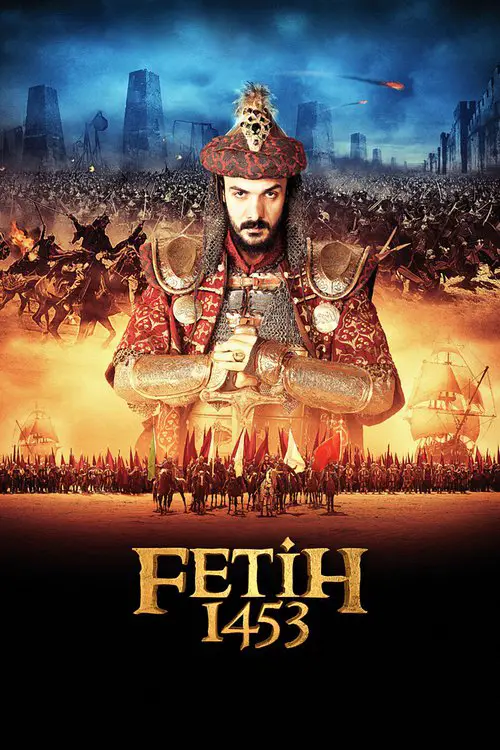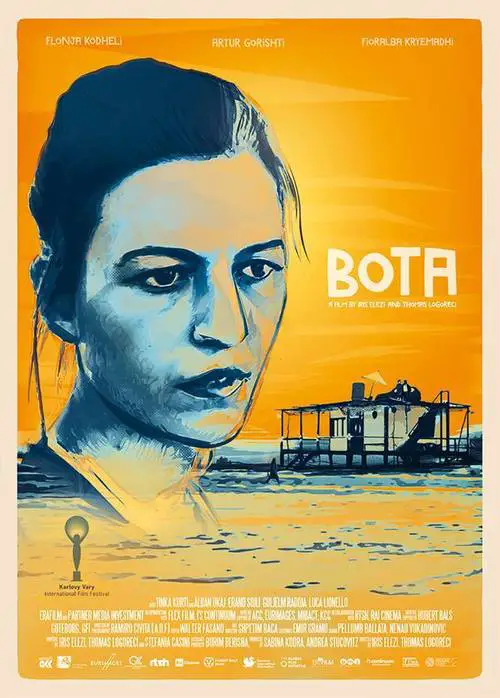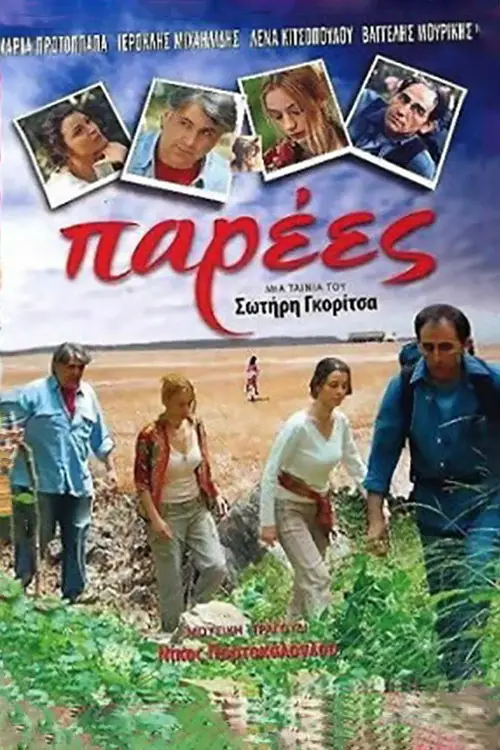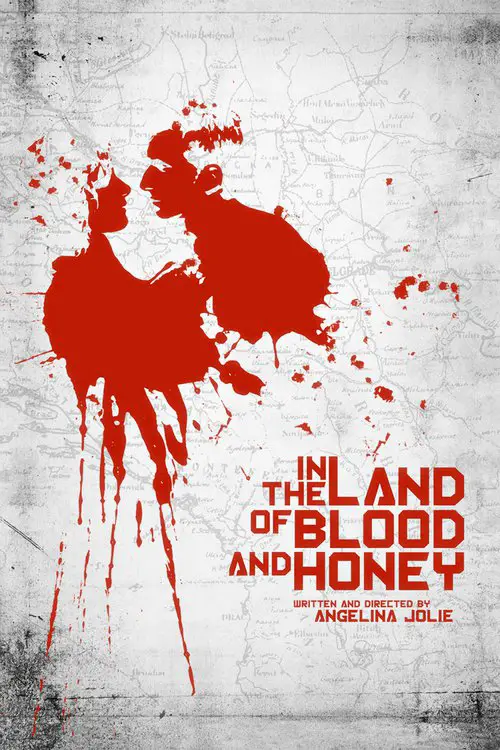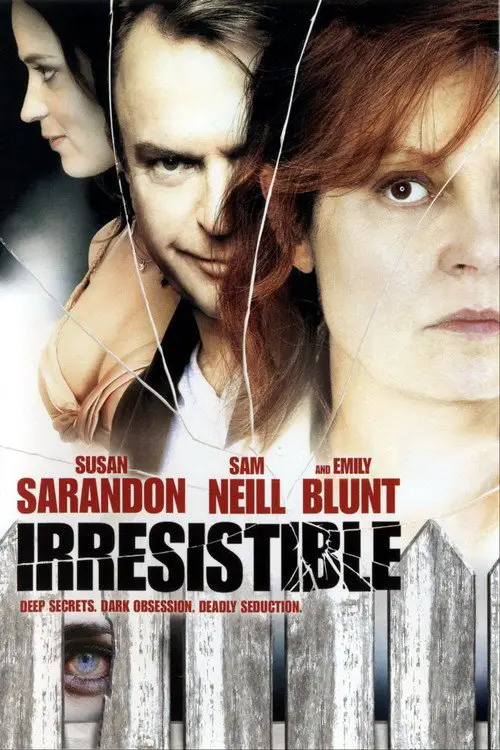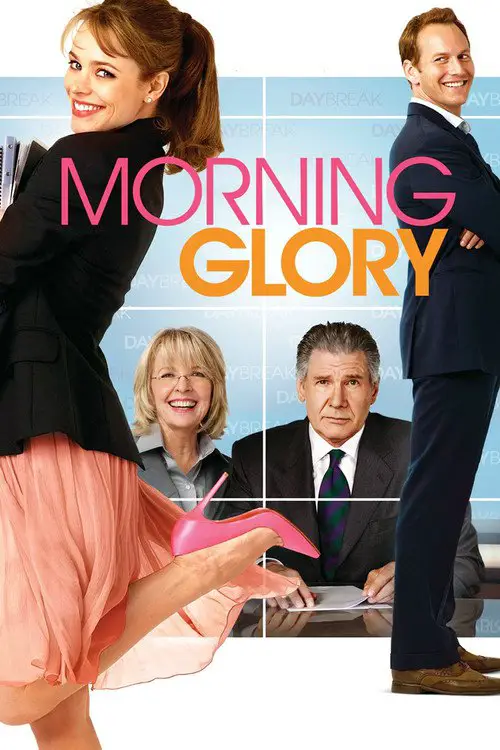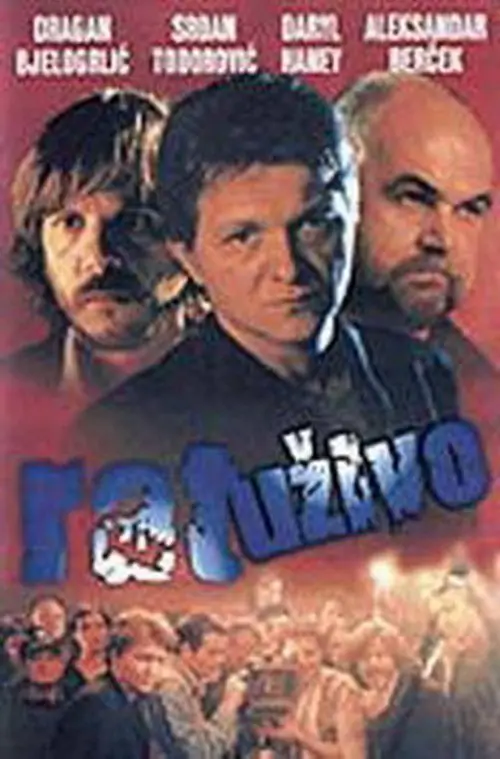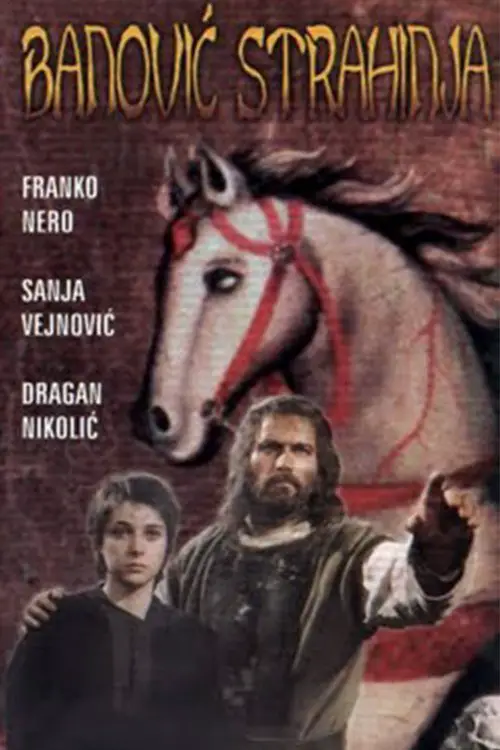Brooklyn - Gusinje (1988)
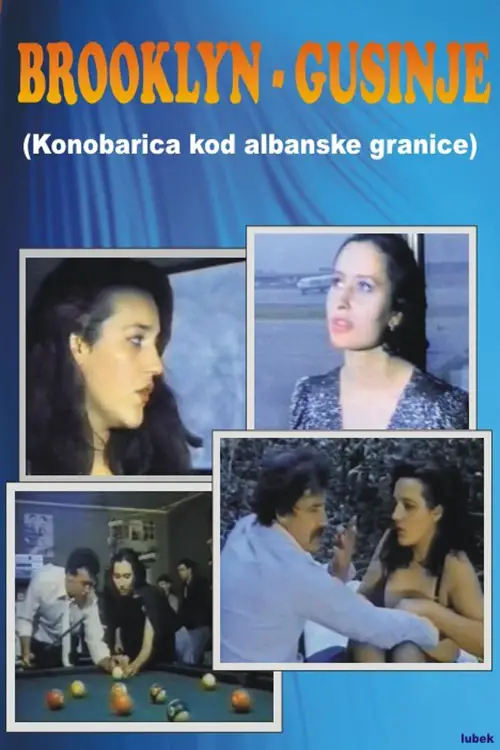
Similar movies
Sokol is a middle-aged Kosovar Albanian who, together with his family, emigrates from Kosovo to Turkey, and faces the foreign and unknown world. After some time he becomes homesick, eventually leaving his last will he gave to his son that when he dies, his bones will be returned to his native country. He dies near of a cliff at the Black Sea coast. In his native village, the news that Sokol has been returned from emigration are being spread.
At a small border-post on the Yugoslav-Albanian border, yet another generation of soldiers suffering the usual amount of boredom awaits the end of their service, counting days to the moment when they should take their uniforms off for good. It is the spring of 1987 and the thought never even crosses their mind that they would, in fact, put them back on quite soon and go to war.
The film "Kosova: Desperate Search" recounts the repercussions and effects of the Kosovar war on the Albanian population. Ethnic cleansings and other atrocities mentally and physically destroyed the people. The entwined destinies of individual persons and families from various geographic regions and social classes are the basis of a closely interconnected storyline. Families are not only looking for their missing children, but also for new hope and perspectives.
The Parade, in a tragicomic way, tells the story about ongoing battle between two worlds in contemporary post-war Serbian society - the traditional, oppressive, homophobic majority and a liberal, modern and open-minded minority... The film, which deals with gay rights issues in Serbia, features footage of the 2010 Belgrade gay pride parade. The film introduces a group of gay activists, trying to organize a pride parade in Belgrade
15-åringen Mirush kommer til Norge for å finne faren sin, som lot familien i stikken når Mirush var liten. Nå driver faren en restaurant i Oslos bakgård, og sliter med et gjeldstynget forhold til den albanske mafiaen i hovedstaden. Faren har startet et nytt liv med norsk kjæreste, og hans albanske familie er kun et vagt minne. Til Mirush dukker opp. Han begynner å jobbe for faren, uten å gi seg til kjenne. Sakte, men sikkert lærer de hverandre å kjenne, men det Mirush finner i møtet med sin far, er han ikke helt forberedt på. Han blir tvunget til å ta noen valg som får store konsekvenser, for dem begge.
Novica is a mathematics champion in a Belgrade high school. In an attempt to overcome the âgeekâ status at school, Novica becomes attracted to the world of skinheads by his school friend Relja. Novica is exposed to violence, hooliganism and racism; embracing the ideology and climbing up the ladder in the gang hierarchy.
It is 1961 and an Albanian student (Nik Xhelilaj) of the Academy of Performing Arts in Prague, together with a group of Czech students, is shooting his graduate movie on a motorcycle factory, in the small market-town of Äeský Å ternberk, in then Czechoslovakia. Coming from a country that is completely isolated from the rest of Europe, he is fascinated by the lifestyle, society and "erotic exuberance" of the Czech golden youth, yet feeling strong links with his family in his homeland. He falls in love with a married woman (Anna Geislerová), the wife of a police superintendent (Paolo Buglioni) and is insecure about his future.
Battle of Kosovo (Serbian: Boj na Kosovu) is a 1989 Yugoslav historical drama/war film filmed in Serbia. The film was based on the drama written by poet Ljubomir Simovic. It depicts the historical Battle of Kosovo between Medieval Serbia and the Ottoman Empire which took place on June 15 (according to the Julian calendar, June 28 by the Gregorian calendar) in a field about 5 kilometers northwest of Pristina.
Antardwand (Hindi: à¤
à¤à¤¤à¤°à¤¦à¥à¤µà¤à¤¦à¥à¤µ; English translation: Inner conflict) is a 2010 Indian film co-written, produced and directed by Sushil Rajpal. The film stars Raj Singh Chaudhary and Swati Sen in the leading roles while Vinay Pathak and Akhilendra Mishra play supporting roles. Made on a budget of 1.5 crore (US$299,250), the film is based on the practice of groom kidnapping that is seen in western Bihar and eastern Uttar Pradesh of India. The film won the National Film Award for Best Film on Social Issues at the 2009 National Awards. It had its commercial release on August 27, 2010.
Romanian director Cristian Nemescu's comedy California Dreamin' (aka Nesfarsit, 2007) unfolds against the backdrop of the Kosovo War, circa 1999. A NATO train rolls through a Romanian hamlet, transporting a plethora of weapons across the country -- without official documents, and equipped only with the verbal consent of the Romanian authorities. The transport thus grows intensely vulnerable.
Handsome Albanian villager Arben (the appealing Nik Xhelilaj, who looks set for a big international career) wants to marry Etleva, daughter of a neighboring clan, but her father has promised her to another man who is offering a 10,000 Euros bride price. But when it turns out Etleva is carrying Arben's child, the pressure is on for him to come up with the dowry before the baby is born -- and before her brothers take revenge for the dishonor he has brought their family. Fleeing to Berlin without papers, experience or knowledge of the language, Arben soon learns the ways of survival.
In the Pacific Northwest wilderness, two hunters are tracked and viciously murdered by Aaron Hallum (Benicio del Toro). In the wilderness of British Columbia, L.T. Bonham (Tommy Lee Jones), a former special operations instructor, is approached and asked to apprehend Hallum, his former student who has "gone renegade" after suffering severe battle stress from his time in Kosovo.
The film was originally submitted as the Albanian entry for the Best Foreign Language Film, but it was rejected due to protest of Bujar Alimani, the director of Amnesty, that The Forgiveness of Blood shouldn't be eligible due to American artists' input on the project. AMPAS disqualified it and Albania submitted instead Alimani's film. The film deals with the issue of an Albanian family feud.
The circularity of violence seen in a story that circles on itself. In Macedonia, during war in Bosnia, Christians hunt an ethnic Albanian girl who may have murdered one of their own. A young monk who's taken a vow of silence offers her protection. In London, a photographic editor who's pregnant needs to talk it out with her estranged husband and chooses a toney restaurant.
King Carlos II of Spain (r. 1665-1700) once sent his brother Luis to lead a military expedition into Albania and conquer that land for the Spaniards. Since Albania was a part of the dowry of Luis' wife, it seemed like a reasonable idea at the time. While that expedition and its final battle is the subject of this historical film, the scale involved can hardly do justice to the concept. The protagonists talk incessantly, and by the time they get down to the final grand battle, it turns out to be a skirmish between several dozen men.
Two fathers, a Romanian searching for his daughter who was forced into prostitution in Kosovo, and a Serbian seeking the body of his son killed in a car accident in Romania, meet on the river Danube. A boatman recounts the 200 year-old legend of Romanian peasants struggling unsuccessfully to move an old wooden church up the hill to their village at a time when building Orthodox churches was prohibited.
Piyal (Henry Jayasena) is a handsome young teacher who is hired to teach English to Nanda (Punya Heendeniya), a member of a high class family. They fall in love, but can't elope because Piyal is of a lower class. Nanda's parents instead push her into a marriage with Jinadasa (Gamini Fonseka), who is of the same class as them. With economic downturn in Sri Lanka, both families lose their status and Jinadasa leaves to try to make a better life for himself; he never achieves his goal and dies penniless. Piyal and Nanda can now finally come together. They have changed however, and the earlier idylic nature of their relationship is not recaptured.
Besa is a Serbian film from 2009. year, made in co-production with several other countries. At the beginning of the World War I, Filip, a Serbian school director in the Serbian province, has been asked to immediately go to Belgrade to get war schedule. His wife Lea, Slovene, with no one to leave because the two of them recently arrived in the small town and no one really knows them. Azem, an Albanian, school attendance, gives Filip a promise (Besa) to watch the Lea and that nothing will happen. Lea and Azem, are forced to live together in an abandoned school. Their relationship changes during the time..
A series of events unfold like a chain reaction, all stemming from a minor event that brings the film's five characters together. Set in Paris, France, Anne is an actress whose boyfriend Georges photographs the war in Kosovo. Georges' brother, Jean, is looking for the entry code to Georges' apartment. These characters lives interconnect with a Romanian immigrant and a deaf teacher.
This film predominantly deals with the problems of a young man whom his delusions led into conflict with society. These issues will throw him into an adventure that would be tragic for him, but still helpful for him to see the truth. The story takes place in Kosovo in 1945, in an atmosphere of uncured wounds, wandering, betrayal, burned homes, typhoid and other postwar misery. An authentic story from those days was taken as the film's basis.
Someone we hear talking - but whom we do not see - speaks of a project which describes the four key moments of love: meeting, physical passion, arguments/separation and making up. This project is to be told through three couples: young, adult and old. We do not know if the project is for a play, a film, a novel or an opera. The author of the project is always accompanied by a kind of servant. Meanwhile, two years earlier, an American civil servant meets with an elderly French couple who had fought in the Resistance during World War II, brokering a deal with a Hollywood director to buy the rights to tell their story. The members of the old couple's family discuss heatedly questions of nation, memory and history.
10-year-old Nori is obliged to grow up at a very young age after the early death of his mother and then being abandoned by his father Gezim in the Kosovo of the 1990s.After a dangerous and eventful journey, Nori finally arrives in Germany and is reunited with his father, but he cannot understand how Gezim could just have left him. And chances of them being able to stay in Germany look bleak when Gezimâs application for asylum is rejected.
Alexandre, a TV reporter, is working for a few days in a border town, where a lot of refugees from Albania, Turkey and Kurdistan are packed in. Among them, he notices an old man and thinks he his an important greek politician who disappeared misteriously a few years ago. Back in Athens, he asks this politician's former wife to come and identify him. A slow and dry meditation about inhumanity of borders.
Shortly after World War II, the government sent a crew of drivers with large tractors to clear-cut and plow a vast, barren piece of land called "Krst Rakoc" in the hills of Kosovo and Metohia, for future orchards. They encounter deprecation and revolt from indigenous Albanian population who do not believe in good intentions of the government and the crew.
The events take place in a small Albanian village, around the '30ies. This isolated land, dominated by rituals and patriarchal relationships is the spirit that welcomes the newborn child of Abas. Servet, a co-villager, emigrant in the United States of America comes back in his homeland bringing a new vision and a new mentality, which serves as an inspiration for the 10 years old boy, Gjoleka, the son of Abas. Gjoleka founds himself in between of the ideas of his wild father, Abas and his illuminist godfather, Servet. Gjoleka symbolizes the young generation in the difficult realities that offer small and underdeveloped countries, where the outside world constitutes an irresistible attraction. The movie shows with a deep realism the human relationships, such as love, jalousie, hate, the impossibility to be integrated with another world, making this way a cruel autopsy of the weird society to which, "sometime" we belong.
When the Nazis occupy an Albanian village after the withdrawal of the Italian army from WW2, Tomka and his gang are furious â because the Germans set up camp on their football pitch. The local partisans recruit the boys to spy on the invaders, and help to set an ambush. Who knew war could be this much fun? Albaniaâs greatest female director Xhanfise Keko spins a classic boysâ own adventure yarn, but in a style as raw and authentic as anything from the Italian neo-realists.
A dramatisation that follows Tony Blair's journey from political understudy waiting in the wings of the world arena to accomplished prime minister standing confidently in the spotlight of centre stage. It is a story about relationships, between two powerful men (Blair and Bill Clinton), two powerful couples, and husbands and wives.
Bota (Albanian for âthe worldâ) is a cafe situated on the edge of a vast area of marshland in a remote part of Albania, and it is here that the lives of the protagonists intersect in this compelling debut by Iris Elezi and Thomas Logoreci. The directors skilfully exploit the genius loci of the desolate landscape and, aided by a period score and beguiling long shots, they flawlessly evoke the atmosphere of a place where the past still encroaches upon peopleâs lives.
When hard-working TV producer Becky Fuller is fired from a local news program, her career begins to look as bleak as her hapless love life. Stumbling into a job at "Daybreak" (the last-place national morning news show), Becky decides to revitalize the show by bringing on legendary TV anchor Mike Pomeroy. Â Unfortunately, Pomeroy refuses to cover morning show staples like celebrity gossip, weather, fashion and crafts â let alone work with his new co-host, Colleen Peck, a former beauty queen and longtime morning show personality who is more than happy covering morning "news." As Mike and Colleen clash, first behind the scenes and then on the air, Becky's blossoming love affair with fellow producer, Adam Bennett begins to unravel â and soon Becky is struggling to save her relationship, her reputation, her job and ultimately, the show itself.
Belgrade, 1999. Producer Sergei and his film crew are in a disastrous situation - the film they're making is under threat - there's no money, the crew are dissatisfied - and NATO bombing is just around the corner. Then a member of the State Security Service (Mileta) comes looking for American co-producer Harvey. Anxious and worried, in the midst of the bombing that's begun, Sergei hides Harvey from what he thinks is awaiting him - arrest. During the night, he thinks up a plan. He announces the start of filming on a new, patriotic film - in which the main role will be played by Harvey. The plan works - the State supports the film and Mileta, as the State's representative, joins the crew. However, the underlying conflict between Mileta and Sergei explodes during the first screening. Mileta accuses them of being artists, and not being patriots.
Banovic Strahinja takes place during the middle ages in Serbia. While estate owner Strahinja is hunting, a Turkish bandit, Alija, attacks his castle. The Turks kill his servants and kidnap his beloved Andja. When he discovers what has happened, Strahinja gathers a together a group of scoundrels and chases the bandits.
"A," a Greek filmmaker living in exile in the United States, returns to his native Ptolemas to attend a special screening of one of his extremely controversial films. But A's real interest lies elsewhere--the mythical reels of the very first film shot by the Manakia brothers, who, at the dawn of the age of cinema, tirelessly criss-crossed the Balkans and, without regard for national and ethnic strife, recorded the region's history and customs. Did these primitive, never-developed images really exist?
© Valossa 2015–2026
| Privacy Policy
